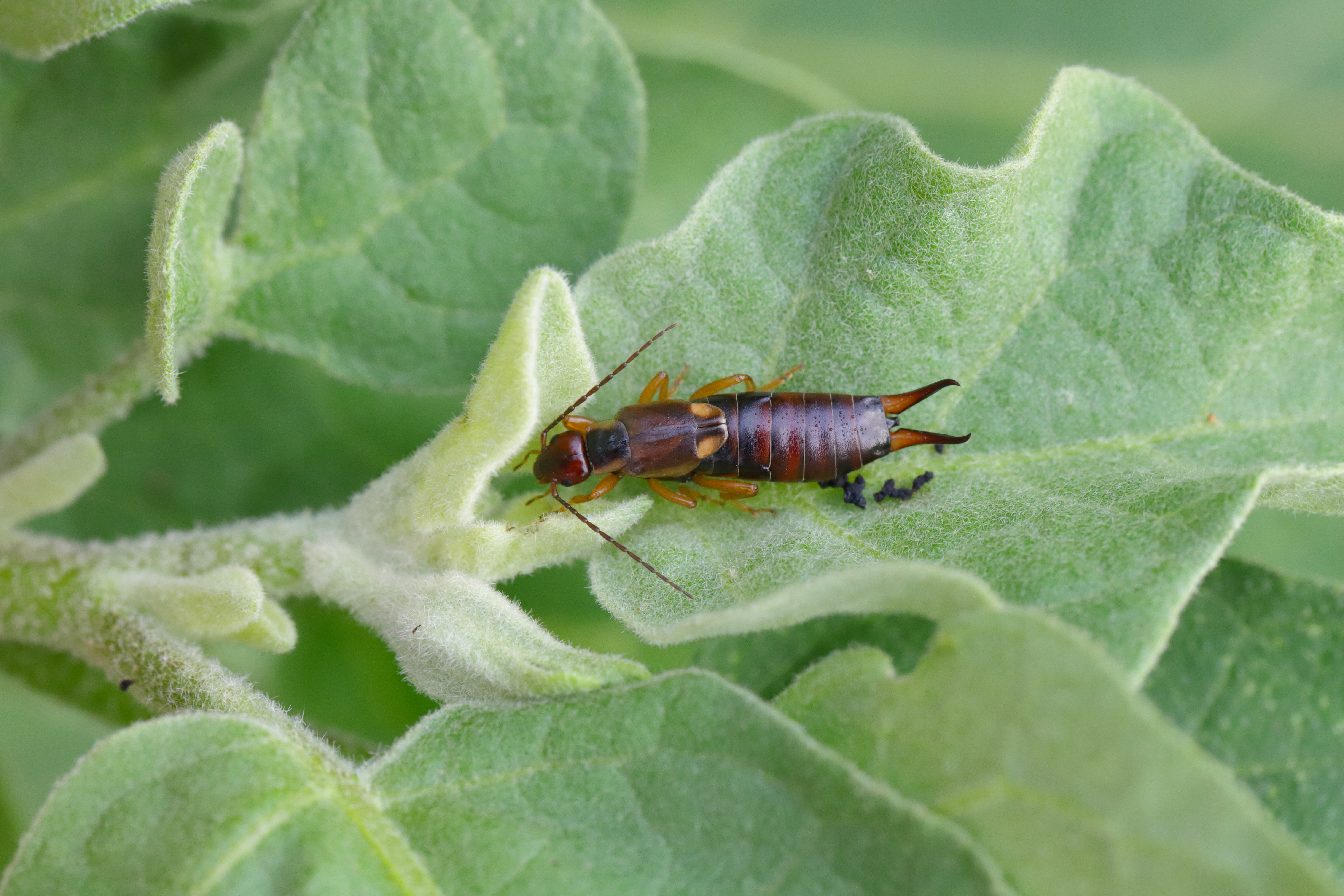
Explore the average earwig extermination cost and learn what factors affect pricing, from home size to infestation severity.
Bug problem BEGONE


Mosquito foggers vaporize insecticide into a sprayable cloud.
Fogging can rid your yard of irksome mosquitoes.
Fogging treatments usually last 72 hours.
Scent and potential damage are two setbacks to this service.
If unfamiliar with fogging, it’s best to hire a pro rather than DIY.
Notorious for leaving irritating, itchy red bumps, mosquitoes are quick to dampen an outdoor gathering. Fortunately, there are a handful of measures you can take to ward off these unwanted guests.
Keep mosquitoes away from your patio this spring and summer with the help of a mosquito fogger. Delve into the pros and cons of using this pest control technique on your landscape, and get advice on whether you should DIY or hire a pro.
Mosquito fogging is when insecticide is turned into a mist that is then pumped around your home’s exterior. The solution is made up of synthetic pyrethroids or natural pyrethrins derived from chrysanthemum flowers.
Though their names don’t quite easily roll off the tongue, the substances used for this method are akin to the insecticides used in home insect sprays you find at the grocery store. Few strategies are as foolproof as fogging when it comes to ridding your outdoor space of mosquitoes. Mosquito fogging is a simple and swift process that can turn your backyard into a tranquil, bug-free zone.
Homeowners aren’t the only ones who have found success with this debugging method. Local and state agencies mosquito fog areas laden with mosquitoes in the interest of public health.
Mosquito foggers transform insecticide into minuscule droplets using heat. Different types of foggers use varying temperatures to vaporize bug-repellent fluids. ULV, electric thermal, and propane thermal are among the most popular fogger types.
The structure of a mosquito fogger is similar to that of a leaf blower. It has a handle for simple maneuvering, a bulky body to store the insecticide solution, and a long nozzle. The nozzle allows you to easily mist a large outdoor area and keep those pesky, biting bugs at bay.
Thinking about spraying your yard for mosquitoes with a fogger? Explore the pros of employing this pest-repelling method at home.
The main perk of misting your backyard is how well it wards off mosquitoes. No more bloodsuckers interfering with you and your guests’ enjoyment of any outdoor activities.
As far as pest control costs go, mosquito fogging services fall on the low end, averaging about $100 to $500. That range may not be pocket change, but it is much more affordable in comparison to other pest-repelling services.
If you were looking for a long-term solution, this isn’t it. However, most fogging treatments last 72 hours, providing you with ample time to host an insect-free barbeque, pool party, or backyard party of any kind. Though the act usually fends off critters for about three days, fogging can remain effective for up to two weeks or longer.
Not all repellents are made equal. As you’ve likely experienced, some bug sprays can be harsh on your skin and emit an acidic scent. If you treat your yard to a mosquito fogging service, you and your guests won’t have to worry about slathering on that bitter-smelling spray.
Of course, it’s important to be wary of mosquito foggers’ setbacks. Uncover a few additional considerations before emitting a protective haze around your home.
Fogging has very low toxicity. The World Health Organization considers this a safe approach to depleting the presence of mosquitoes, which are infamous for spreading diseases such as malaria, the Zika virus, and more, according to the , on top of leaving itchy bumps.
However, the State of Rhode Island’s Department of Health outlines some short-term health effects of fogging to consider. Inhaling large amounts of the mist can be harsh on your respiratory system and irritate your skin and eyes. You must plan to keep pets and kids inside for the duration of the treatment and for about 30 minutes after its completion.
Unfortunately, this technique does not tackle mosquito larvae. Eggs still survive and can hatch despite remedying your yard.
Though safe, fogging vapor solutions tend to have a strong smell, which you and your guests may find undesirable. The scent will weaken with time, so you may find it best to wait a day or two before hosting an event.
The cloud that a fogger emits is susceptible to wind. If fogging is done on a windy day, it’s not as likely to be effective. If possible, plan to have the service done on a day that’s less breezy to get the most out of the treatment.
Most foggers use oil-based substances. In heavily concentrated areas, these oil substances can cause damage to outdoor furniture or deck surfaces. Be sure to remove anything of value out of your intended fogging path.

Should you wish to fog your yard yourself, it’s important to wear long protective clothing, glasses, and a respirator mask to prevent exposure to the solution. If using a propane fogger, you’ll want to avoid open flames and sunlight to prevent an outburst. If using an electrical fogger, you’ll want to avoid contact with water, as that could cut your appliance’s life short or injure you.
If you’re unfamiliar with maneuvering a fogger, it may be best to hire a mosquito control pro near you. Pest control professionals know how to emit an adequate and safe amount of vapor around your yard so you, your family, and your friends can relish in the summer weather without accumulating any bothersome bites.
Professional mosquito treatment costs can range anywhere from $70 to $500 depending on the size of the infestation. Fumigation is typically a one-time service, but you may need ongoing service from a pest control service near you. Regular treatment will increase your costs but can help keep mosquitos out of your yard for good.
Nick Cellucci contributed to this piece.
From average costs to expert advice, get all the answers you need to get your job done.

Explore the average earwig extermination cost and learn what factors affect pricing, from home size to infestation severity.
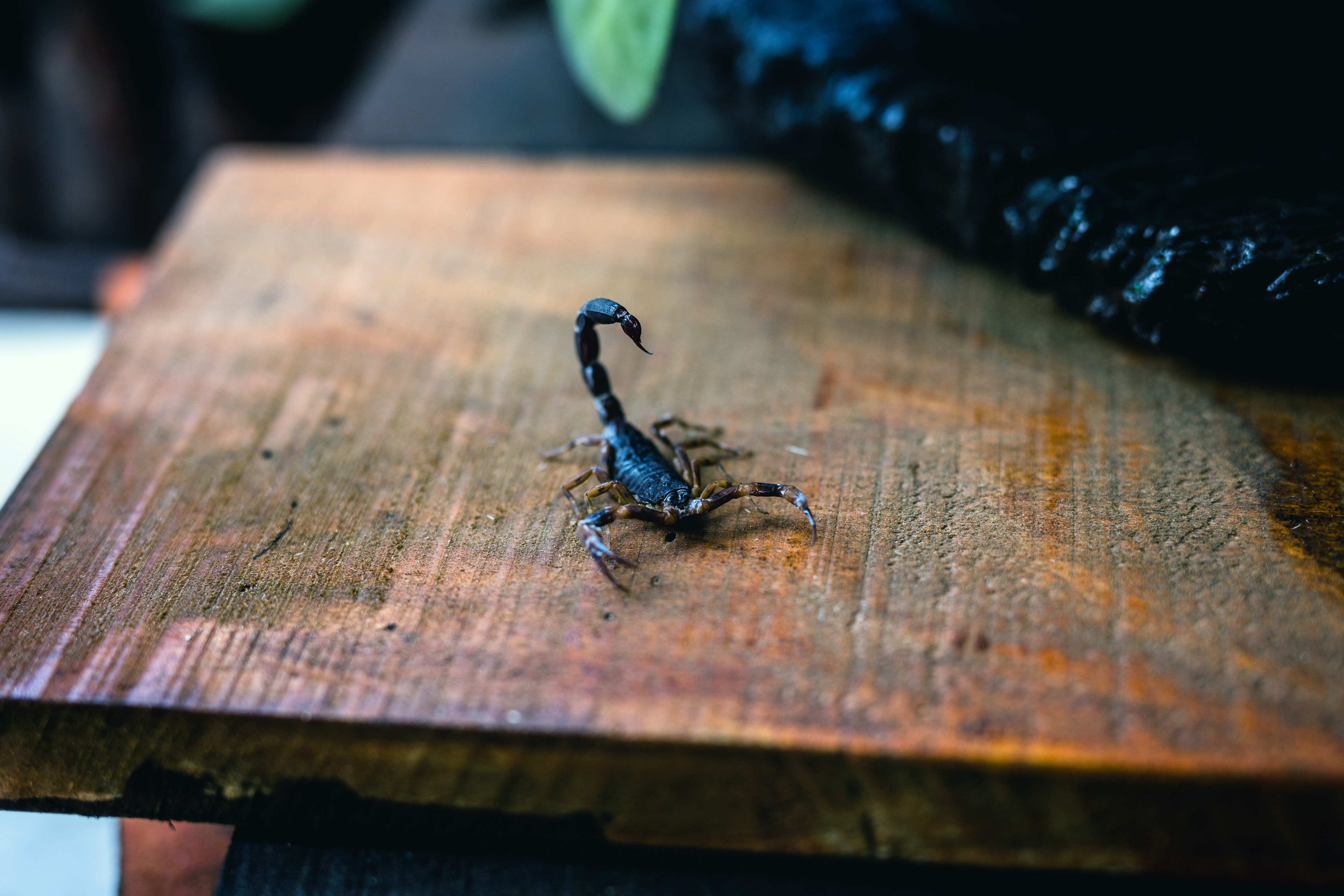
Scorpion removal costs vary based on home size, infestation severity, and treatment method. Learn what to expect and how to keep your home scorpion-free.

Sometimes birds nest in unwelcome places. Find out how much bird nest removal will cost based on factors like location, bird species, and preventative measures.
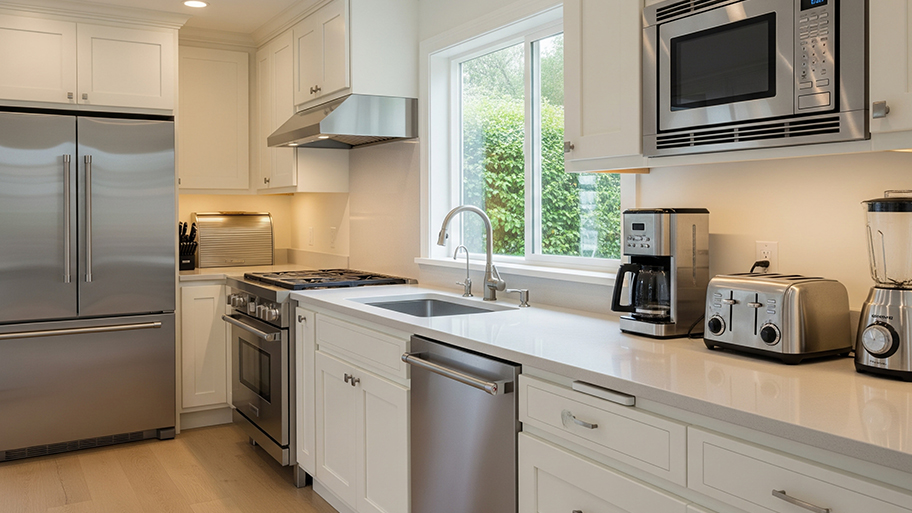
Cockroaches are drawn to the warmth and darkness provided by appliances. To prevent an infestation, learn how to get roaches out of appliances for good.
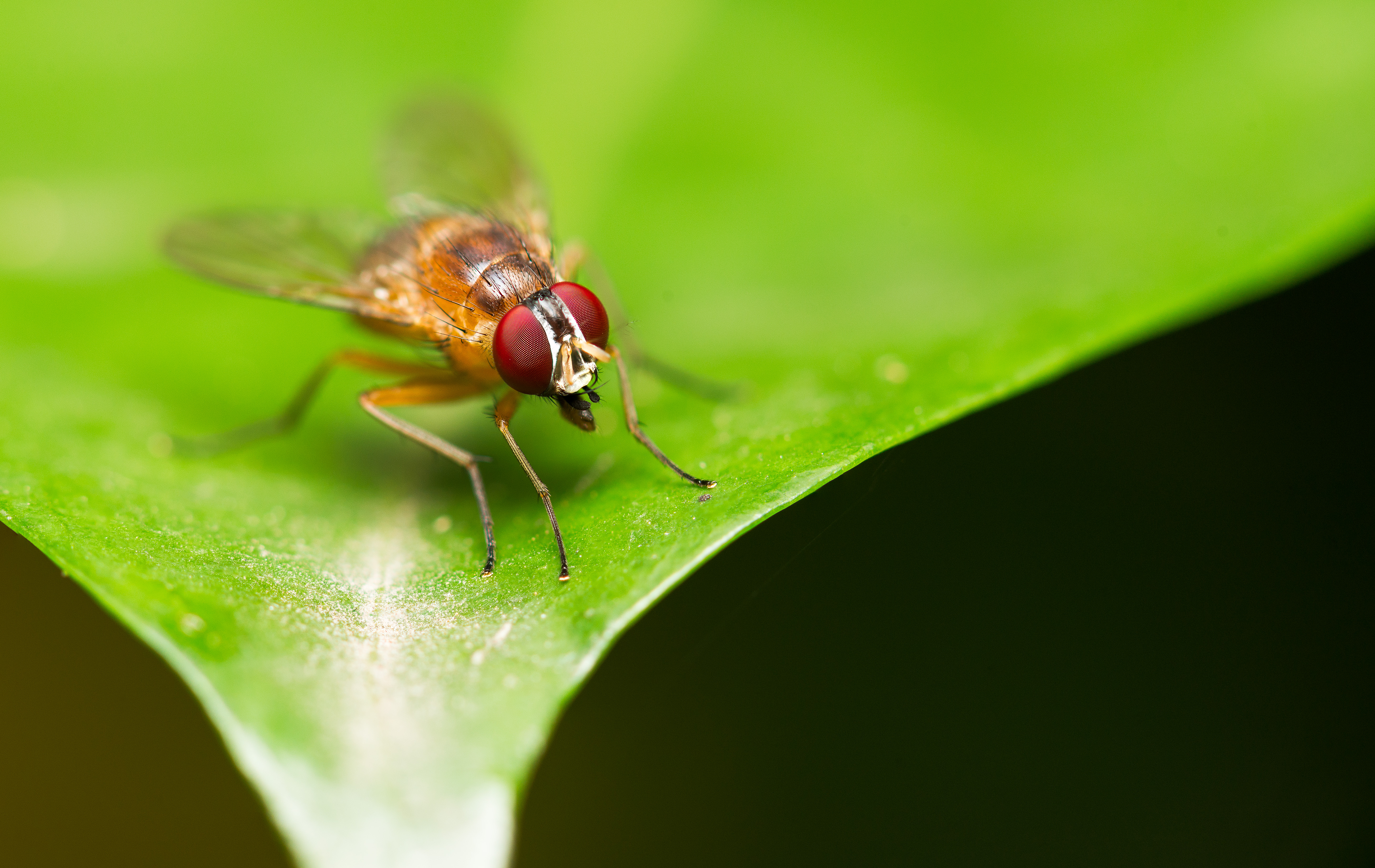
Drain flies vs. fruit flies: what’s the difference? Compare these common pests and discover the best ways to prevent and remove them.
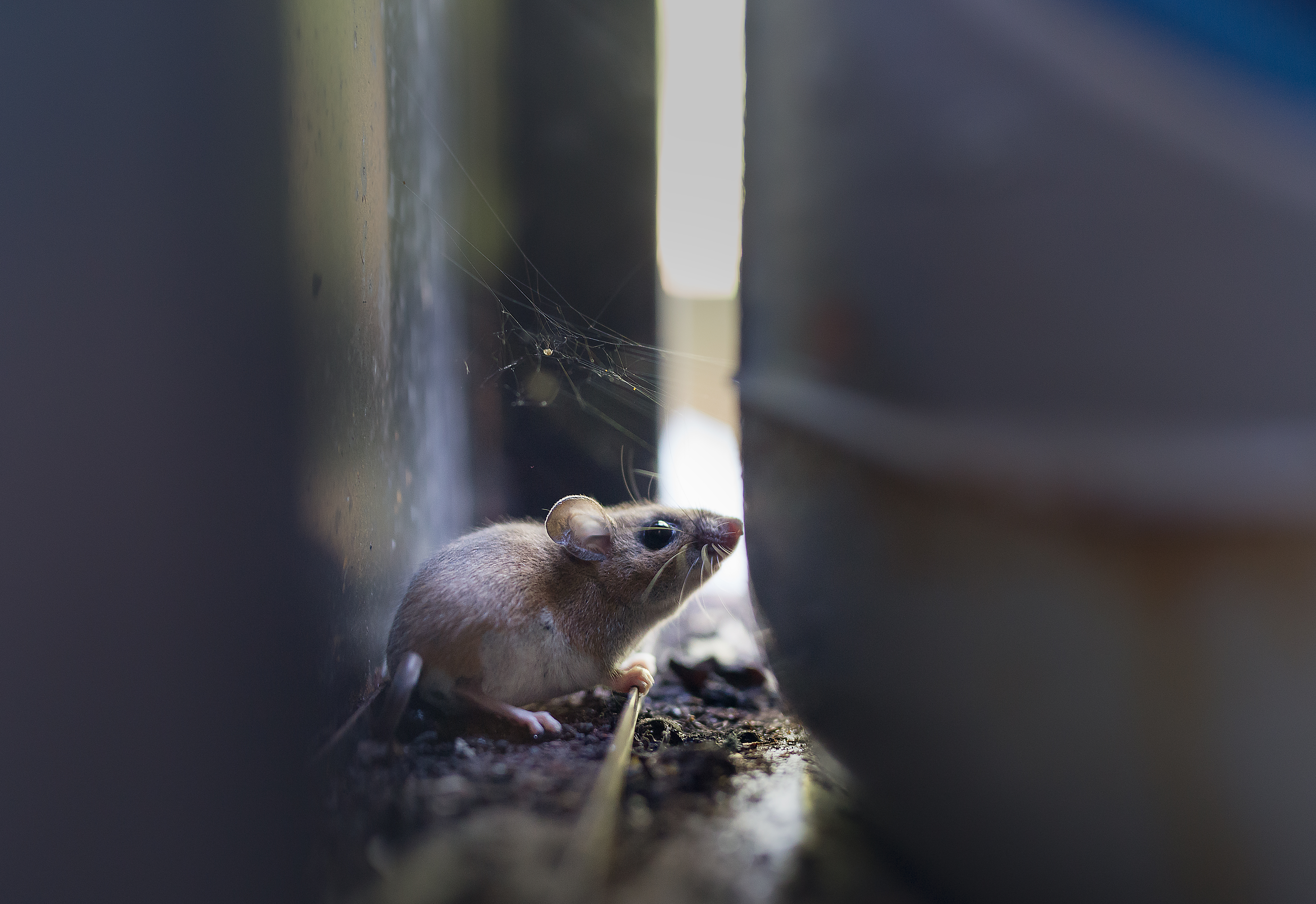
What’s the difference between a deer mouse versus a house mouse? Get expert tips to identify and manage each kind of rodent.